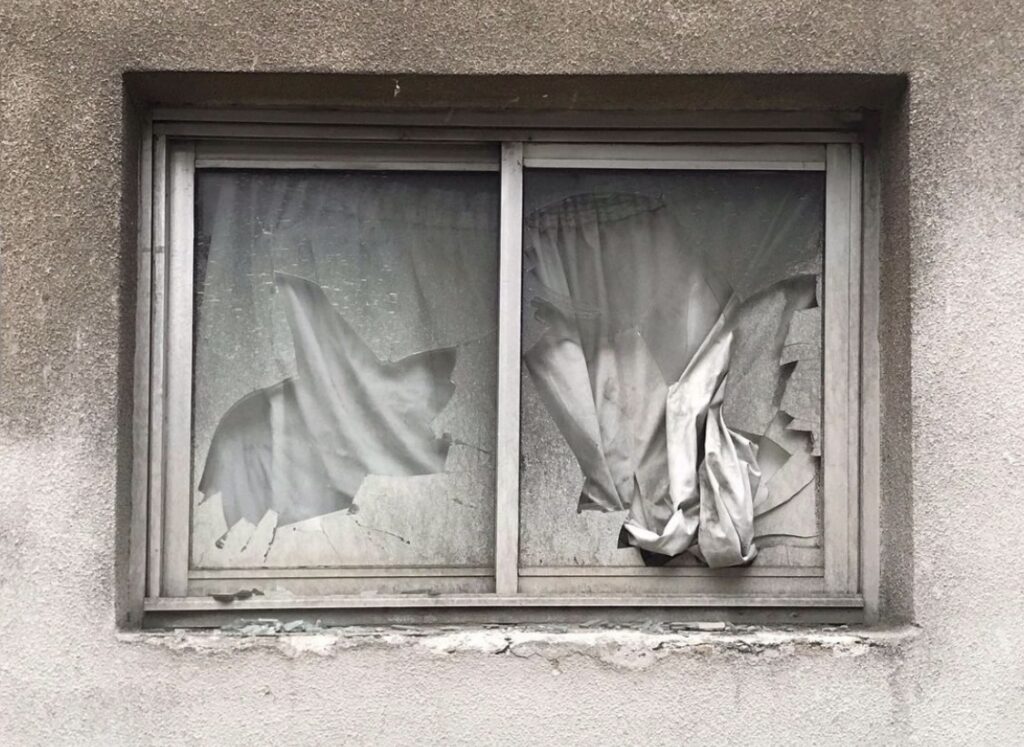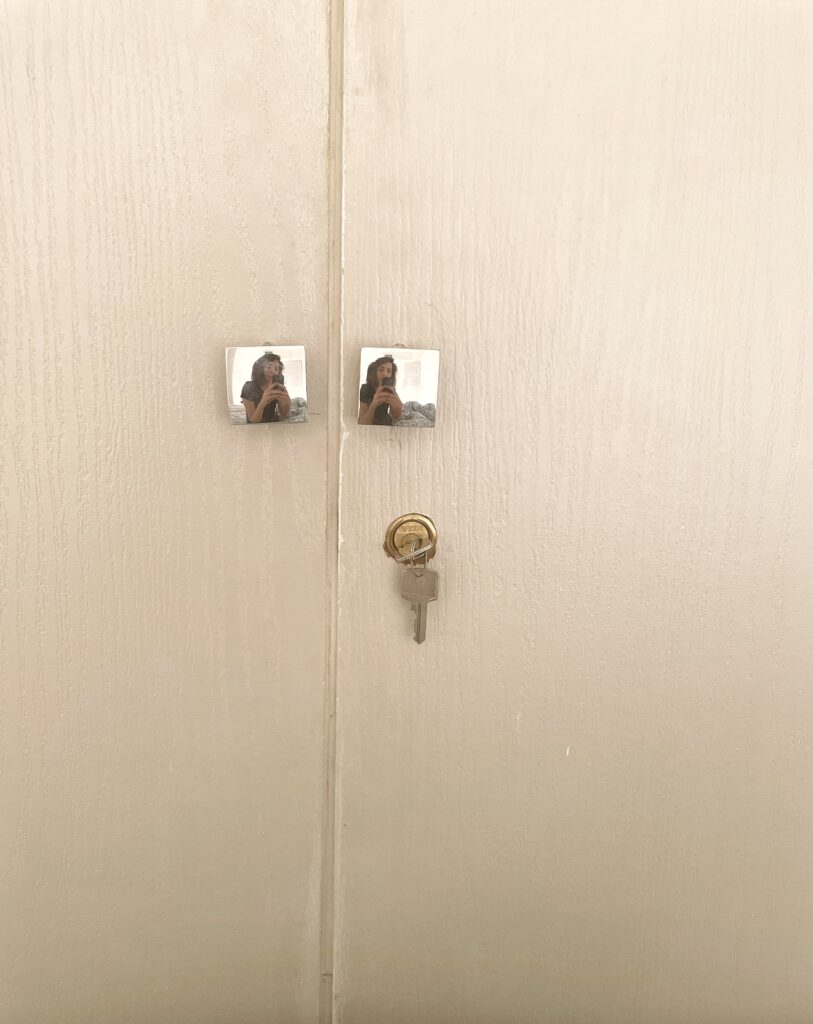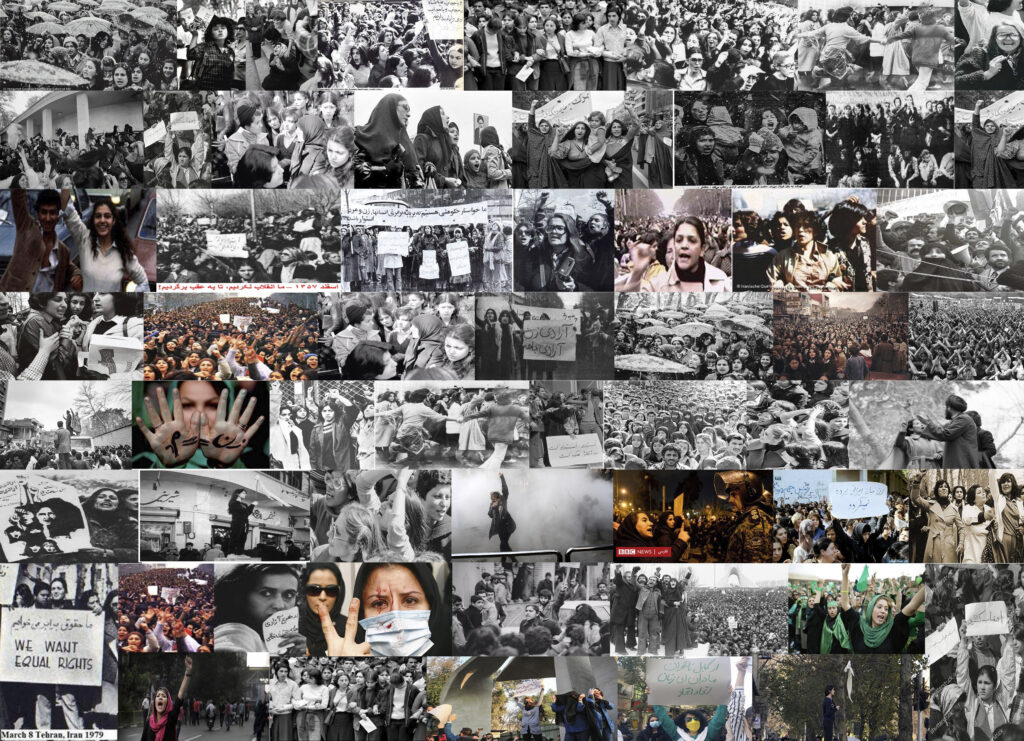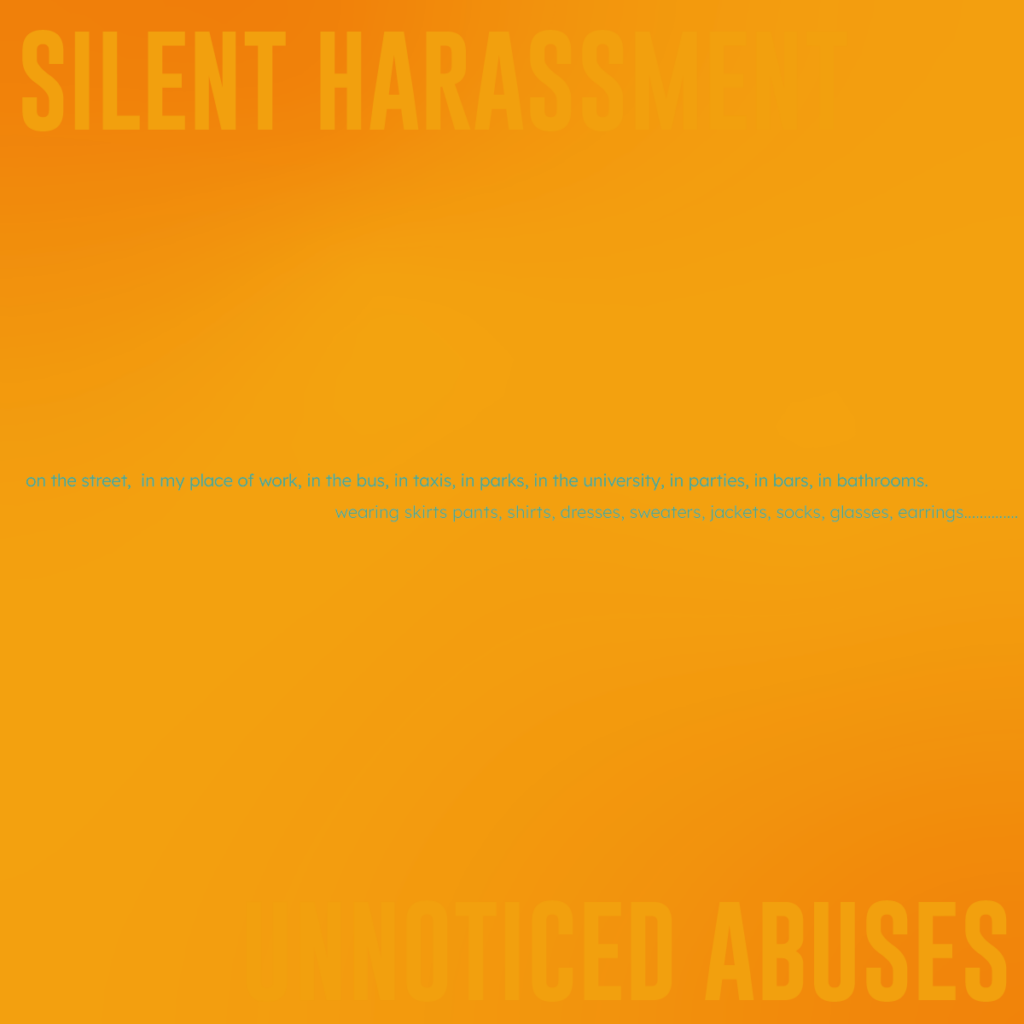Thoughts on myself and my complaint practise
I am young, white and was born into a middle-class family in the north of Germany. Based on these facts alone, I pass many marking systems, probably barely registering that they exist. For example, I started my studies right after school and even got a scholarship, I can go into a regular drugstore and find make-up that matches my skin tone and I can travel around Europe without even being asked for my passport.
To me, this sounds like the archetype of a person that could benefit from »white liberal feminism« which Sara Ahmed describes as a state “when career advancement for individual women is dependent on the extent to which they show they are willing not to address institutional problems” (Ahmed 2021: 254). Scanning my life, I see traces of »silence as promotion« – I have to admit it, although I am not proud of it. For example, I got an internship via my boyfriend’s personal, mainly male network without having to go through the company’s regular HR process. I had mixed feelings at the time: On the one hand, I really wanted to do this internship at this company, but on the other hand, it was completely against my values that no open recruitment process was taking place. I took the internship offered to me and by that I played by the rules of a mainly patriarchal system in this situation of my life, without pointing out that this system is simply not fair, especially to FLINTA*-people.
But even if I see those traces of »white liberal feminism« in my life, I refuse to categorize myself as a »white liberal feminist«. Hearing phrases like “you as a woman have the same chances of having a career as a man of your age and position”, “gendering makes the language look ugly and I don’t see the point of it” or “to me, the women I (sexually very active man) am dating, had to many sex partners already”, I need to complain and make my position in these debates clear. No matter if it is said in a personal conversation or an institutional context and even if this might cause damage to my personal position.
In several areas of my life, I feel the need to work on the transformation of institutional and systemic practices through complaint and activist work. I came to an interesting realization while reading the chapter »Complaint activism« (cf. Ahmed 2021: 283- 300). On an institutional level, I tend to skip the step of complaint, even if I know it exists, because I have had the experience that complaining, even as a group, doesn’t lead to a change. One specific example of this came to my mind: In my current study program we had an external lecturer who gave an extremely poorly prepared presentation that had not been updated in a long time, which used racist cultural stereotypes and animated us to reproduce them. Almost everybody in the class felt uncomfortable with that and we expressed that personally in the feedback session of each block seminar as well as in our teaching evaluations that were handed over to the faculty. At first, the responsible coordinators seemed concerned and said that they would have a clearing conversation with the lecturer and might not continue the cooperation. But in the next winter semester we found out that nothing had changed. The course was still held by this lecturer; the content was the same and even the final task was still the same. So, even with the lobby of about 30 students from the same program, we couldn’t stop the reproduction of institutional practices by our faculty. Experiencing being stopped by not being heard and the ineffectiveness of institutional complaint procedures – in this case, the ineffectiveness of about 30 teaching evaluations – made me realize that if I want to change something in the faculty, not complaint, but »slow activism«, as Ahmed puts it, is often my tool of choice.
Last summer, together with three current and former students of my program, I formed an initiative that wants to connect students with alumni of our program in order to foster knowledge transfer on contemporary and relevant topics. Since we cannot influence the agenda setting on the academic side, we encourage dialogue and discussion on important topics in a semi-institutional context. For example, we plan to invite students who are activists on diversity topics here in Weimar and give them a stage linked to our study program by doing so. As just explained, we experienced that a complaint about the official institution and its practices didn’t work, so we rather started activist work ourselves and developed paths partly linked to the institution by founding the initiative than continuing the complaint process.
Feeling inspired by Sara Ahmed’s »Complaint!«
Reading »Complaint!« by Sara Ahmed has inspired me to reflect on my complaint practice in several different ways, and I’m very glad I did. While reading the book, I recognized links to different areas of my life, like systemic tools and constructs I am working with, as well as personal topics that I elaborated on in my blog entries. For me, three implications have emerged from this process that shape my ways of thinking and acting with regards to complaints.
First, I experienced that using the »feminist ear«, as Sara Ahmed does in »Complaint!«, is a powerful tool. It creates a feeling of unity in shared experiences of complaints, even if they were stopped within institutions, and it is an option to express the complaint and get it out of your personal system. Moreover, by expressing the complaint, it can inspire others to take this as a starting point and proceed. As Ahmed explains this function of complaint: “How to help each other to get it out. What you put down, […], others can pick up” (Ahmed 2021: 298). This inspires me to talk about experiences of complaint more often and create a shared thinking space by doing so.
Further, I have found for myself at various points in my reading that I want to cultivate a critical eye on my own privileges. On the one hand, to ensure that my actions do not reproduce institutional and systemic mechanisms of oppression and discrimination as best I can, and on the other hand, to find points of contact where I can support others in their complaint processes, building a kind of a complaint collective.
Finally, I can say that reading »Complaint!« sharpened my perspective on complaint practices and their importance. During the reading process I realized that I was more conscious of complaints – my own as well as others. I want to maintain this perspective and not simply have my complaints stopped in the future by institutional mechanisms or warnings expressed to me.
References:
Ahmed, Sara. Complaint!, New York, USA: Duke University Press, 2021.





